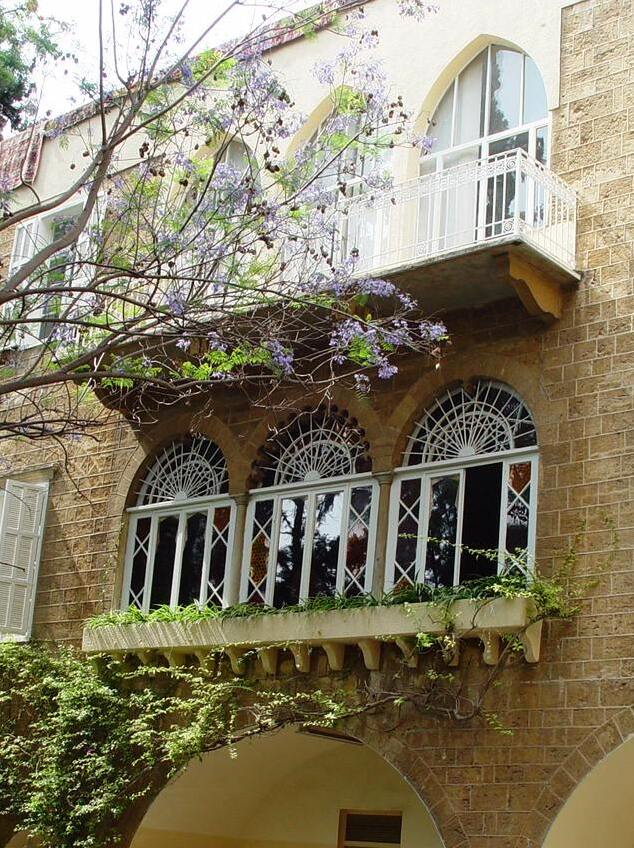

Rue Hussein Beyhum 44
Zokak el-Blat
P.O.B. 11-2988
11072120 Riad El Solh
Beirut
Lebanon
www.orient-institut.org
Tel. +961 (1) 359 423
Fax +961 (1) 359 176
sek(at)orient-institut.org
Facebook @OIBeirut
Instagram @orient_institut
Orient-Institut Beirut
Information
The Orient-Institut Beirut (OI Beirut) promotes research in the humanities and social sciences with reference to the Arab world and the wider Middle East. Research at the institute is interdisciplinary bringing together Islamic and Arabic Studies, History, modern and Islamic art history, Anthropology, and Sociology of West Asia and North Africa. One of the aims of the institute is to study the Middle East through its regional and global entanglements and to foster exchange with local and international institutions. Being an academic hub for researchers, the OI Beirut offers doctoral and postdoctoral fellowships that are advertised yearly.
Founded
1961 (by the Deutsche Morgenländische Gesellschaft)
People
25
Areas of research
Interdisciplinary, historical and contemporary research; Arabic studies; Islamic studies; historical studies; modern and Islamic art; social anthropology; political science and sociology
Service
The library of the OI Beirut contains over 140,000 items and 158 current journals.
Fellowships and Prizes
Fellowship programme for postdocs and PhD students; internships; mentoring programme for research staff
Publications
- Bibliotheca Islamica
- Beiruter Texte und Studien (Beirut Texts and Studies)
- Orient-Institut Studies
Events
Public lectures, conferences and workshops, exhibitions and podcasts
Branch office
The OI Beirut has been organizing events and developing research projects in Cairo since 2010.
Podcasts
The fourth and fifth episodes of the " Knowledge Unbound" podcast:
Episode 4: Transnationaler Wissensaustausch: Arabische Studierende in der Sowjetunion und der DDR (Transnational Knowledge Exchange: Arab Students in the Soviet Union and the GDR)
Episode 5: Die Rückkehr der arabischen Studierenden aus dem „Ostblock“: Nachwirkungen des transnationalen Wissensaustauschs (The Return of Arab Students from the "Eastern Bloc": Aftermath of Transnational Knowledge Exchange)